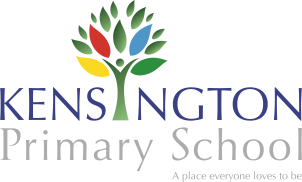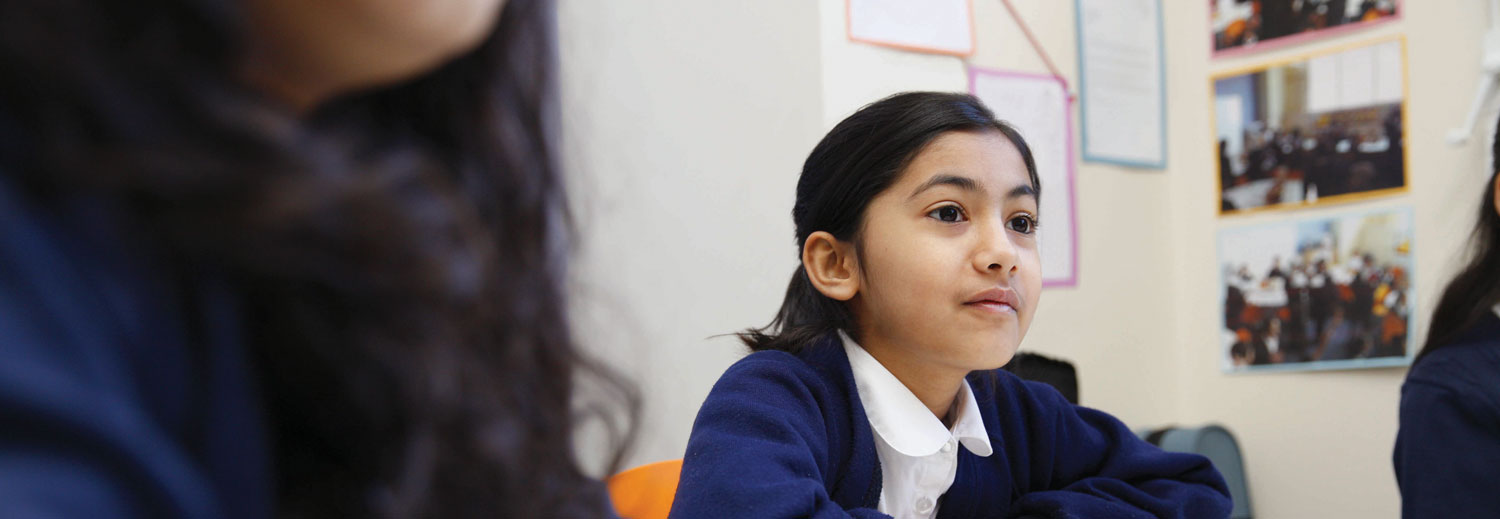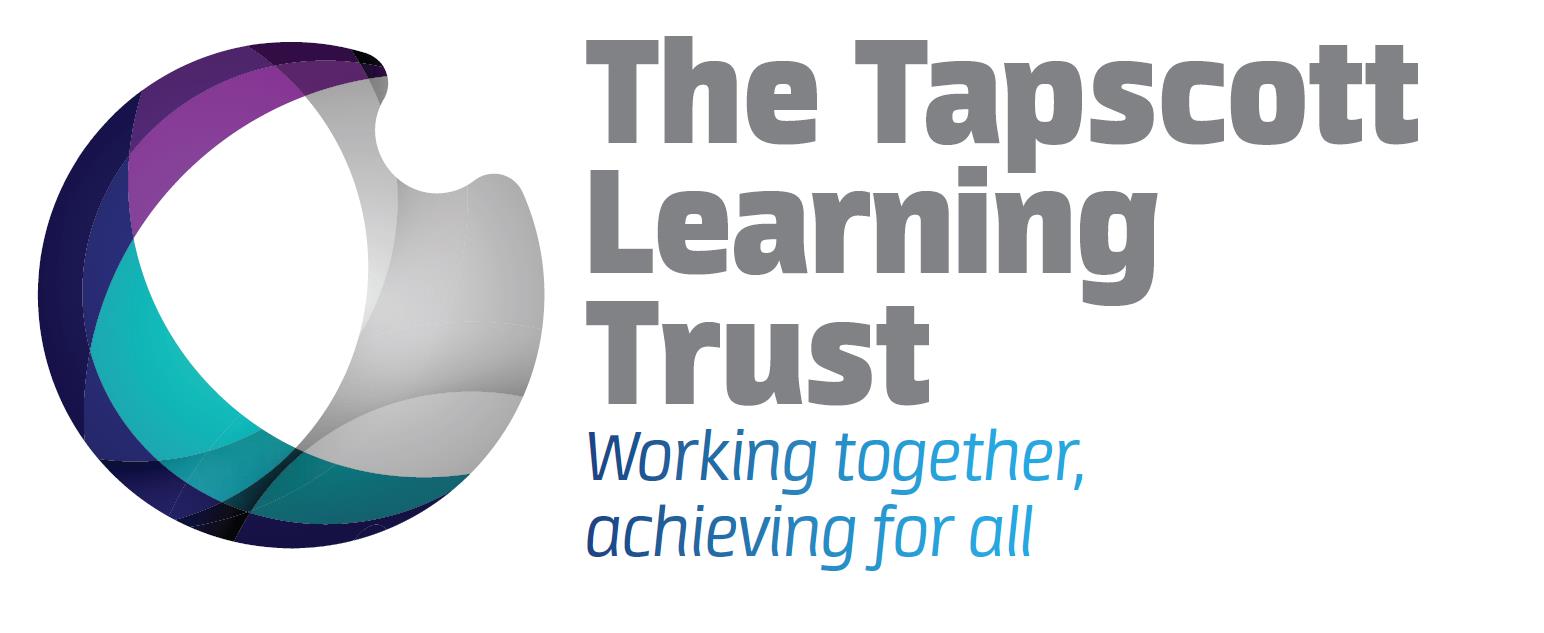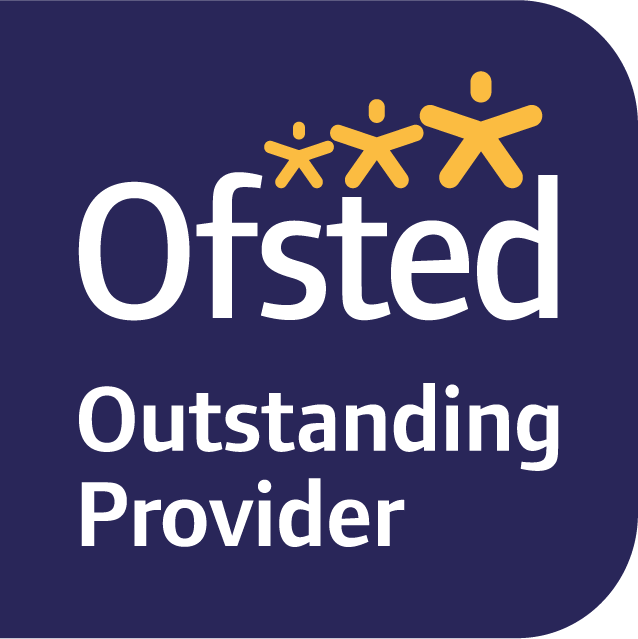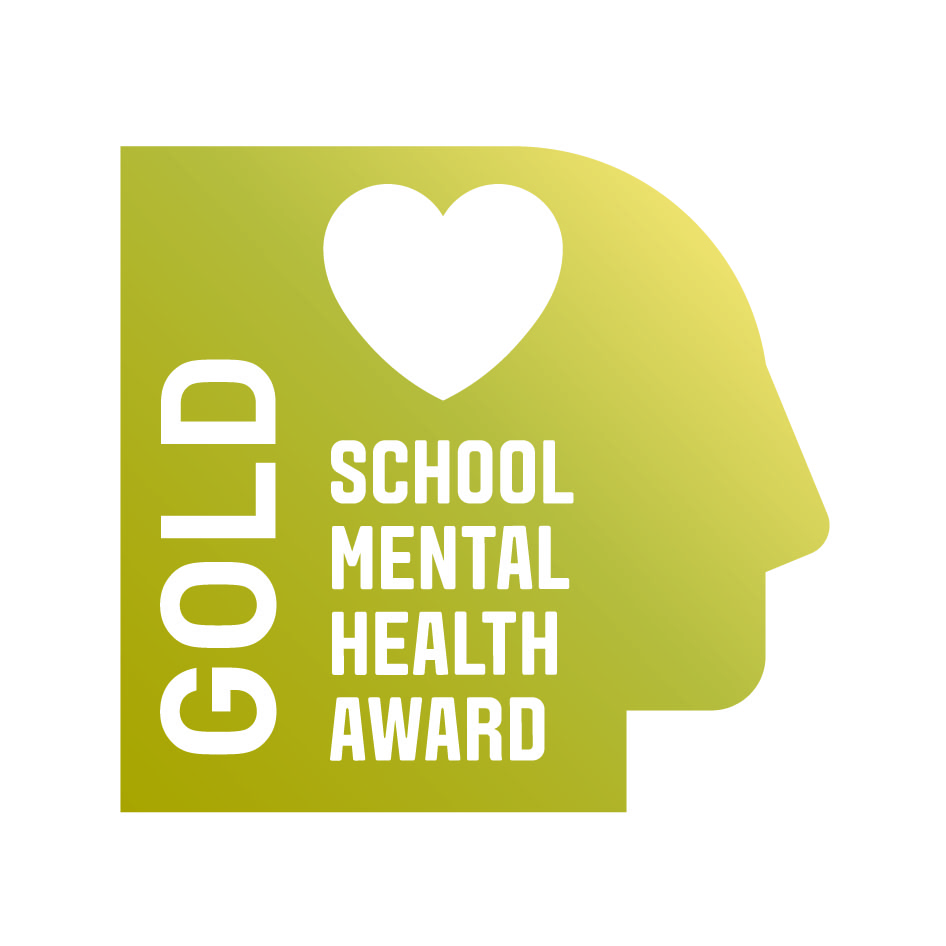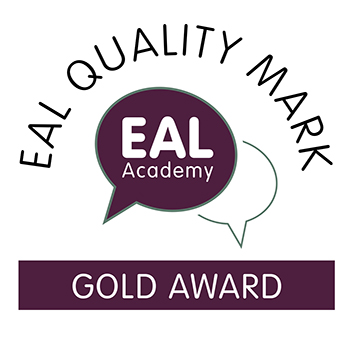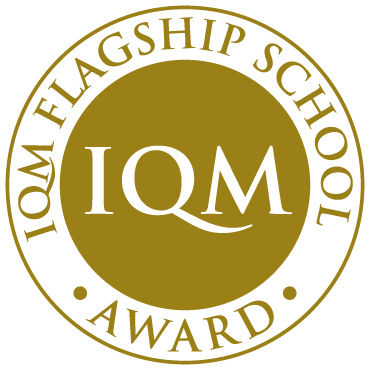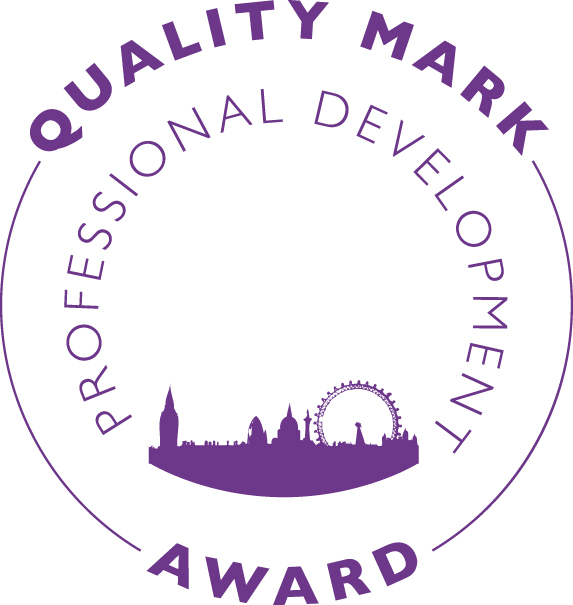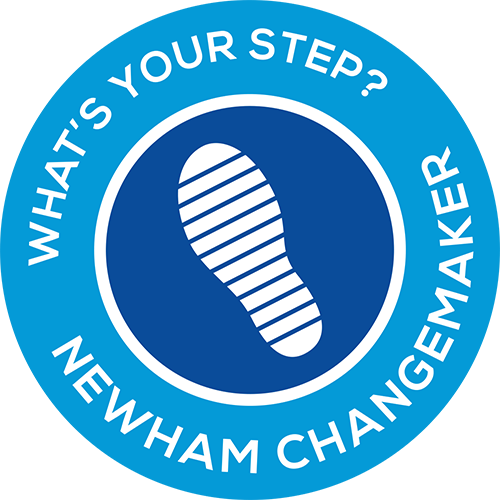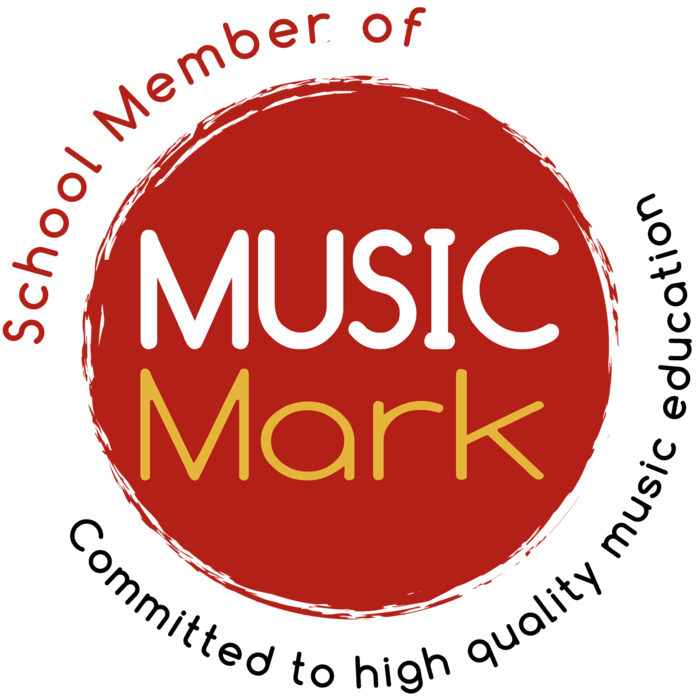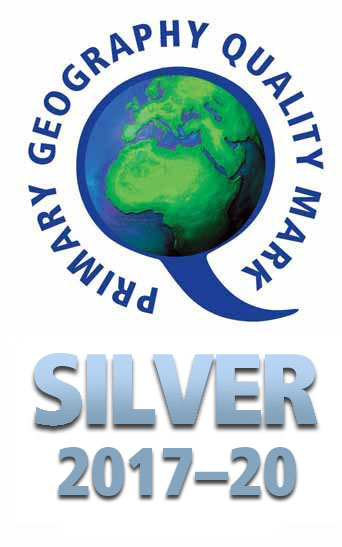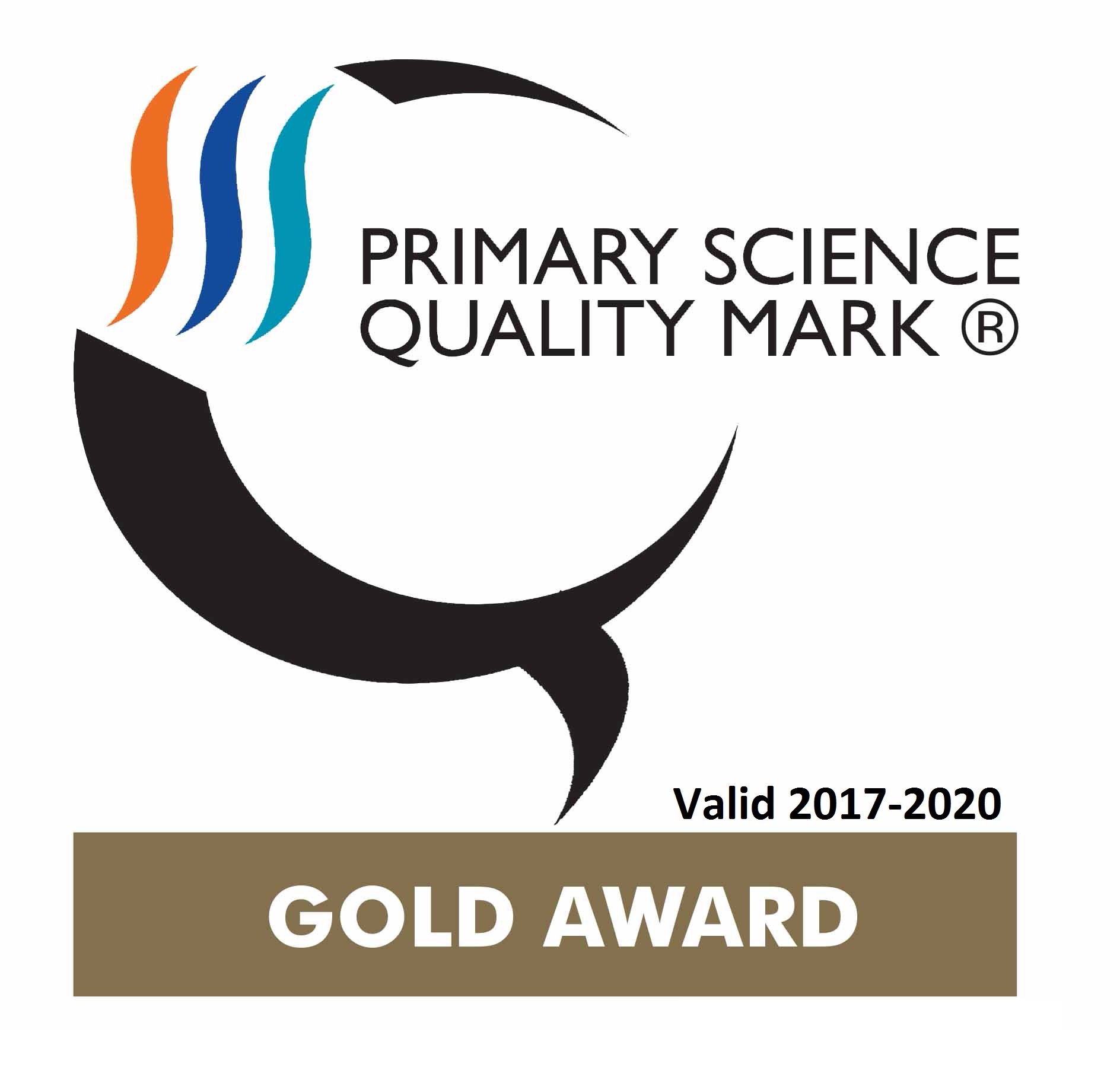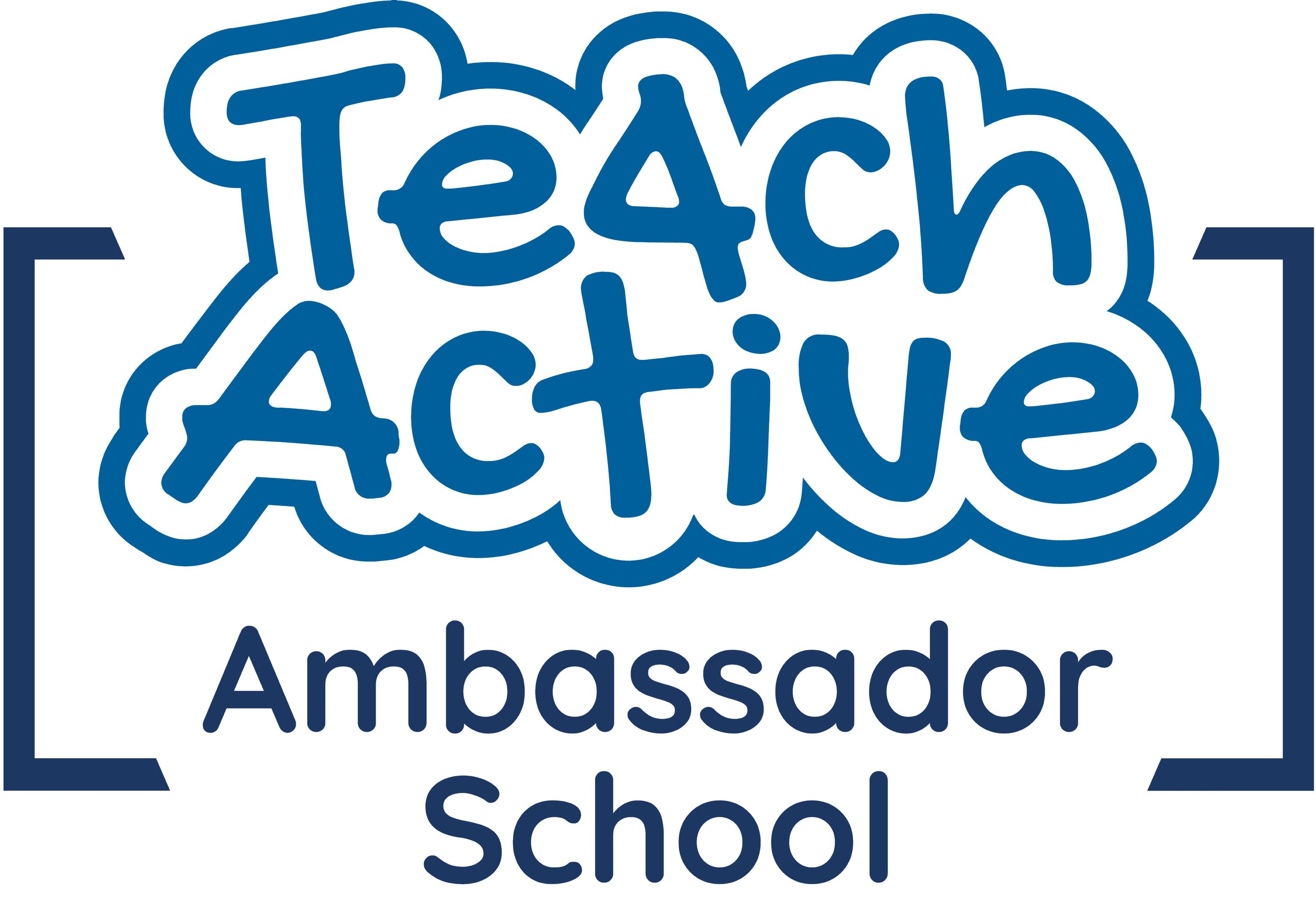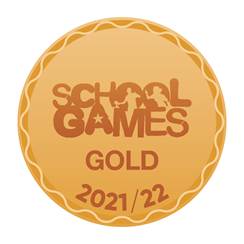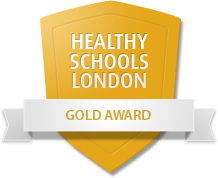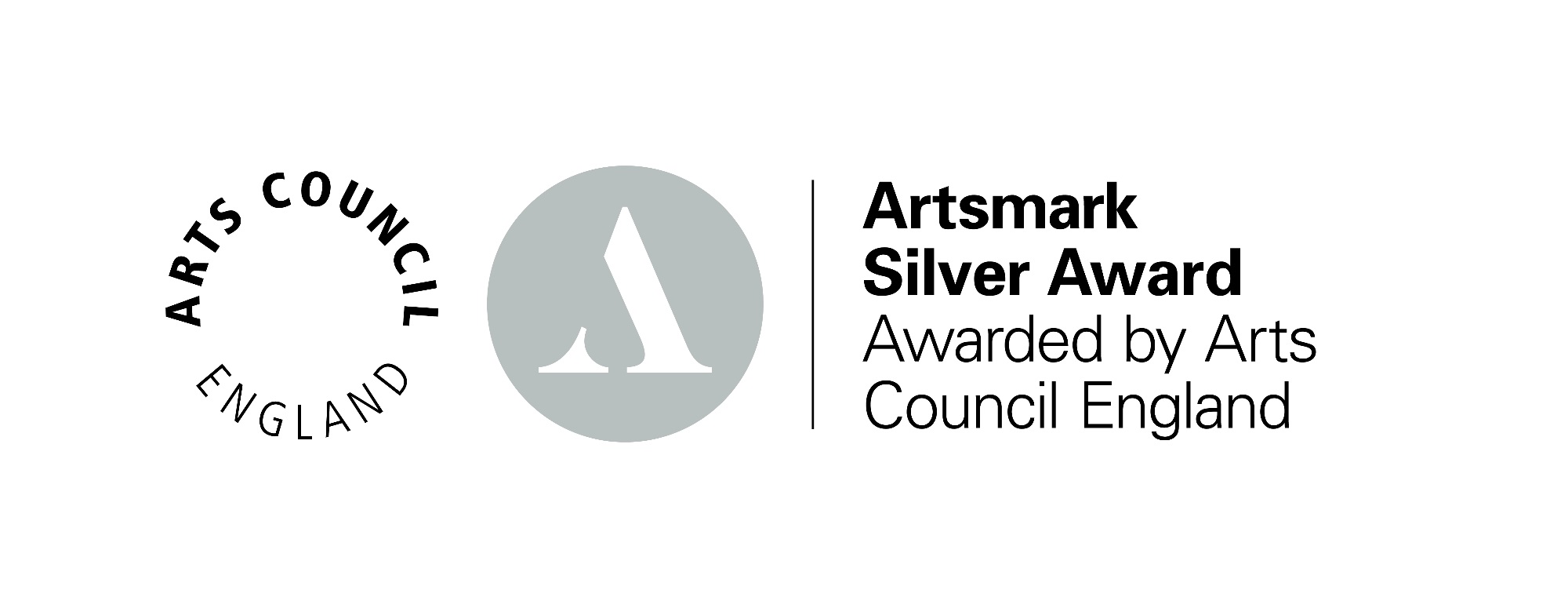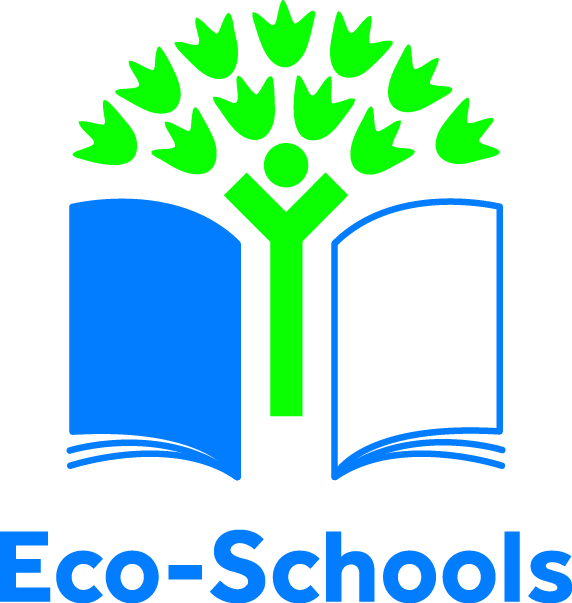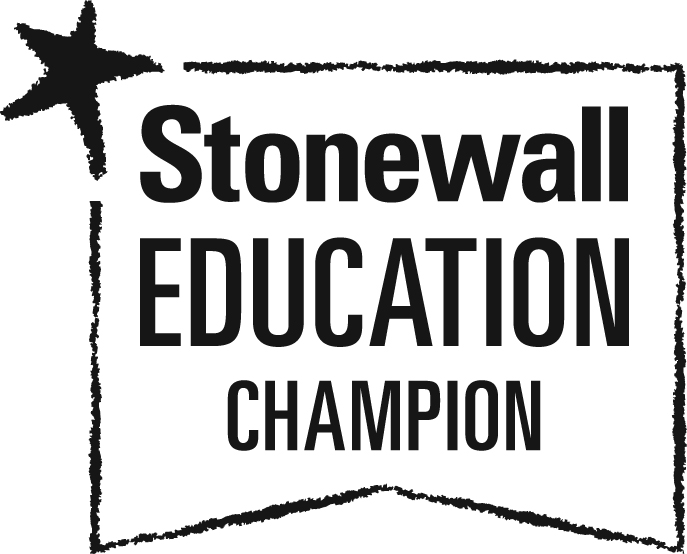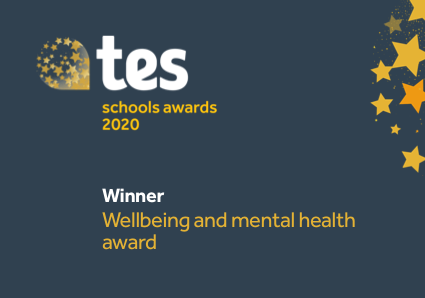English
At Kensington Primary School, we believe that literacy and communication are key life skills.
Teaching the English language is an essential, if not the most essential role of a primary school. Through the English curriculum, we will help children develop the skills and knowledge that will enable them to communicate effectively and creatively through spoken and written language and equip them with the skills to become lifelong learners.
Literacy is also central to children’s intellectual, emotional and social development, it has an essential role across the curriculum and helps pupils’ learning to be coherent and progressive. English is both a subject in its own right and the medium for teaching; for pupils, understanding the language provides access to the whole curriculum.
Kensington is uniquely situated in an inner city area of London where over 97% of the pupils speak English as an additional language and an above average intake of SEND pupils. Our provision to support these pupils is tailored and distinctive. Much of our provision is geared towards rapidly accelerating the acquisition of these skills for all our pupils through quality first teaching alongside tailored interventions.
Aims:
- To read fluently
- To develop a pleasure for reading
- To demonstrate an understanding of texts read
- To develop a range of reading skills, including: predicting, inference, using background knowledge, breakdown and repair, identifying VIP words and phrases, summarising and connecting ideas
- To apply reading skills to develop understanding when reading a text
- To write legibly and fluently
- To know and be able to apply a range of spelling strategies
- To acquire a vast range of vocabulary
- To write grammatically accurate sentences
- To write for a variety of purposes and audiences
- To plan, edit and redraft a piece of writing
- To enjoy creative writing
How Has English Been Effectively Integrated Into Curriculum K?
Our key principle is to ensure children secure the key knowledge and skills necessary within our Early Years Foundation Stage (EYFS) to Year 3 curriculum to ensure our children are able to deepen their learning and apply their skills and strategies with an increasingly sophisticated manner within Years 4 – 6.
Our mid-phase admissions across the school will have the opportunity to secure this set of key knowledge and skills, despite their year group entry point and the curriculum will support their development of English as an Additional Language. To support this, there will be dedicated time to deliver the outcomes of our communication curriculum within the weekly timetable.
The new curriculum also allows more opportunities for the explicit teaching of grammar, creative writing lessons and aims to deepen pleasure for reading across the school.
Reading
Pupils are taught to read fluently, understand extended prose and be encouraged to read for pleasure. Reading is singled out as of extreme importance since through it ‘pupils have a chance to develop culturally, emotionally, intellectually, socially and spiritually’. Reading also allows pupils to ‘acquire knowledge’ and to ‘build on what they already know.’
Two dimensions of reading:
- Word reading/ decoding
- Comprehension
We recognise that both word reading and comprehension are essential to success and we support the acquisition of both sets of skills through various methods such as phonics sessions, guided reading sessions and other intervention sessions. Reading is a developmental process and part of life-long learning and we encourage and praise children at every stage of it and encourage children to employ these in different subjects.
Our connected Reading provision:
- Pupils learn to read easily and fluently through a daily RML phonics session in EYFS and Key Stage One.
- Pupils develop skills in reading for understanding through guided reading sessions and the English lesson (reading skills taught through exploration of different genres). During their main English lesson, pupils study a core text (both fiction/non-fiction and a range of genres), related to their half termly topic, where possible. They often study books, which are more challenging than those, which they might be able to read independently. They will use this book as the basis for reading, writing, speaking and listening tasks.
- Pupils are encouraged to read widely, through our use of differing class texts, local library visits, guided reading sessions, use of online home reading resources and high quality, attractive books in our school library.
- Pupils are encouraged to read for pleasure during guided reading and story-telling, listening to an adult (and other pupils) read and the various methods outlined above.
- Reading immersion tasks and questions are planned during the reading phase of a unit to develop important comprehension skills.
- Pupils are exposed to a range of texts from their literacy heritage during their school career
- Reading volunteers and peer reading initiatives.
How have we adapted Reading for Curriculum K?
Current reading skills are progressively integrated into the reading curriculum:
- KS1 – a basic focus on predicting using visuals, highlighting background knowledge, breakdown and repair to check sentences make sense, acting out visualisations, make inferences about a character’s feelings and summarise the beginning, middle and end of a narrative
- LK2 – embed and develop KS1 skills
- UK2 – Using PEE model, evaluating, informed justifications, author’s choice of language, understanding of structure and presentation
How have we further enhanced Reading opportunities within Curriculum K?
We are passionate about promoting and delivering a love for reading!
Firstly, the entire school library has been revamped and extended, which includes a wide range of new fiction and non-fiction books, more comfortable seating, thematic areas to support the current learning in Year Groups and new core texts to support each Year Group’s themes have been purchased.
From the 2020/21 academic year, we will also see a return to a dedicated story time.
Through our themes and embedded cross-curricular approaches, we are constantly creating and endeavouring to find further opportunities to listen to children read within Years 1-3.
The cross-Key Stage ‘Buddy Read’ is to become an integrated part of the curriculum and children to read with regular partners.
Within the planning of themes and cross-curricular links, we are increasing opportunities for the modelling of reading and discussions about the application of reading strategies.
There are also increased opportunities to spend time in the library listening to, reading and talking about books.
Reading at home - Please click this link to support you in helping your child read at home
Writing:
Pupils are encouraged and provided with skills to develop the stamina and skills to write at length. Use accurate spelling and punctuation and be grammatically correct. They should write in a range of ways and purposes including narratives, explanations, descriptions, comparisons, summaries and evaluations. Furthermore, they should write to support their understanding and consolidation of what they have heard or read.
Writing skills have two dimensions:
- Transcription (spelling and handwriting)
- Composition (articulating ideas in speech and writing)
We recognise that both these elements are essential to success and we support the acquisition of both sets of skills through various methods. We recognise that these areas are clearly linked to the other aspects of English learning: speaking and listening, reading, spelling, grammar and vocabulary.
Teachers promote writing and look for ways to inspire and motivate pupils so that they see themselves as ‘writers’.
Teachers establish the purpose and audience for writing and make teaching objectives explicit to pupils, so they know why they are studying a particular text type, the kind of writing activities they need to undertake and what the expected outcome will be (writing journey). The following teaching sequence is deployed by all teachers.
Our connected Writing provision:
- We teach explicit handwriting, spelling and grammar lessons through stand-alone sessions.
- We have a systematic approach; we revisit key learning and build upon it in all areas from phonics, through to grammar, handwriting and spelling.
- We use high quality texts, modelling and shared/ collaborative writing to demonstrate good practice.
- We encourage and promote ‘talk for writing’ and oracy through English lessons and Communication lessons.
- We use creative entry points and hooks as a stimulus for writing.
- We maximise cross-curricular opportunities for writing.
- We provide writing frames, scaffolds, modelling to support the least confident.
- We provide time for planning, editing and revising.
- We mark extended pieces of work in-depth and set targets with the pupils through pupil conferencing.
- We use success criteria or checklists for pupils to self-assess or peer assess, when appropriate so they can evaluate effectively.
- We encourage joined handwriting to support spelling and speed.
- We use drama, debate and hot-seating to help pupils to think about another point of view.
- Support pupils with learning and motor difficulties.
- Meetings/workshops for parents to help them support their child with writing.
How have we further adapted teaching and learning of Grammar within Curriculum K?
Grammar is to be taught explicitly from EYFS. Teaching grammar explicitly allows for a focus on creative writing. Colourful semantics is a key strategy for introducing grammar.
Vocabulary Development:
Teaching and Learning key vocabulary is key to learning and progress across the whole curriculum since it allows pupils to access a wider range of words when writing and for them to understand and comprehend texts efficiently.
Vocabulary teaching needs to be:
- Active
- Progressive/ systematic
- Making links from known words, exploring root words, prefixes, suffices and etymology of words
- Subject-specific vocabulary across subjects within the Themes, not just accurate mathematical and scientific words
Our connected vocabulary provision:
We encourage our pupils to have a wide and growing vocabulary in a number of ways, these include:
- Key words to take home and learn.
- Display of key words linked to the themes, topics and subjects.
- Using the correct vocabulary orally.
- In-depth word based lessons looking at patterns.
- Using strategies such as context to help children find the meaning of words, as well as dictionaries, thesaurus and similar programmes.
- Using texts to explore vocabulary choices and the effect they have on the reader.
Handwriting:
It is paramount that children are rigorously taught correct letter formation from the very beginning of their time in school.
As soon as the children are ready, they should be taught to sit properly in order to have the correct posture for writing, hold a pencil in the correct tripod grip and develop a legible and joined handwriting style.
A mixture of whole class, small group and individual teaching is planned for and delivered.
It is expected that all members of staff, class teachers and teaching assistants, model the school handwriting style at all times i.e. when writing on the board or in children’s books.
By the end of Key Stage 2, all children should be displaying an efficient, quick, neat and legible handwriting style that is effective in recording their ideas.
How have we further adapted teaching and learning of Handwriting within Curriculum K?
Handwriting will focus on developing fine motor skills from EYFS – end of KS1. KS2 will practise these skills until they can maintain legible handwriting and revisit any areas as applicable.
How have we further adapted teaching and learning of Grammar and Spelling within Curriculum K?
Grammar:
Grammar is to be taught explicitly from EYFS. Teaching grammar explicitly allows for a focus on creative writing. Colourful semantics is a key strategy for introducing grammar.
Spelling:
Spelling is taught in a two-pronged approach: spelling rules and curriculum vocabulary.
Teachers decide upon the appropriate points for the teaching of each set of words with close links to other curriculum content. Spelling is taught on a weekly basis.
Each year group within KS1 and KS2 has a set of spelling rules, which has been devised from the National Curriculum.
Whilst planning curriculum themes, teams devise a list of key vocabulary which supports and enhances the children’s learning.
Spellings are taught within English lessons. A selection of key words using the rule and the curriculum vocabulary are embedded into the other curriculum areas to ensure maximum exposure. These choices are tracked throughout the academic year to ensure full coverage of the spelling curriculum.
Teaching spelling rules of commonly misspelt words alongside spelling words that relate to our curriculum areas will make spelling much meaningful for our students.
These additional refinements and changes should lead to a further improvement in spelling.
Kensington Library
| We are delighted to announce the launch of our improved and extended school library. We have thousands of books organised and accessible to pupils at Kensington. The extended library now has comfortable seating for an entire class and has various areas/ zones to link with current Year Group ‘themes’. All classes have an allotted time during the week to visit the library where they can select a book of their choice and take these home to develop their reading. Children should be reading books they enjoy every day. | 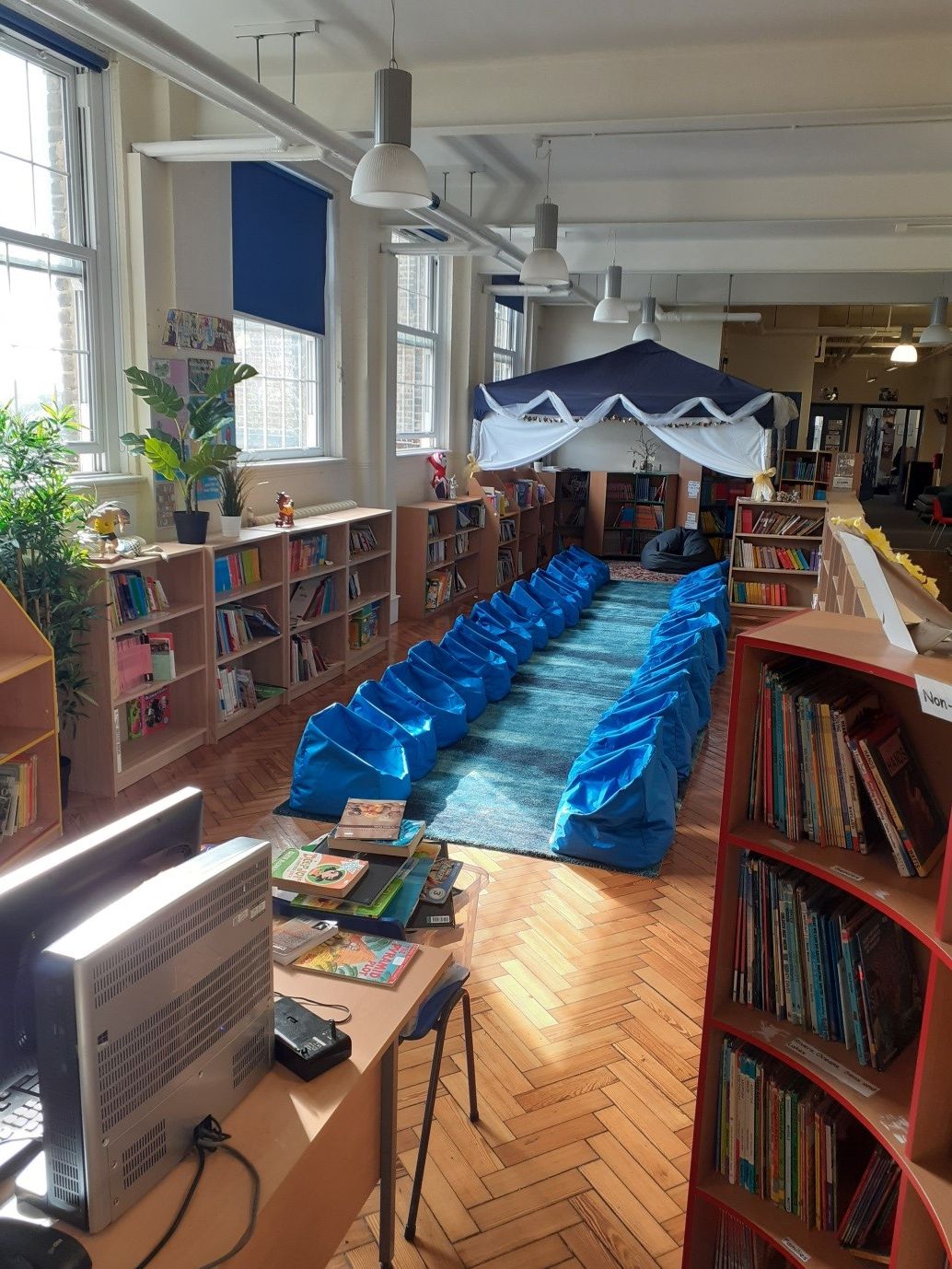 |
Manor Park Library visits
Due to the current Covid-19 risks, we are currently not visiting the local libraries. However, as and when it is deemed safe enough to resume visits to our local libraries, we will arrange these again. Every pupil in KS1 and KS2 is provided with an opportunity to visit our local library. Libraries are a free service available in the community, and we seek to support them by encouraging children and their families to visit. Children can do various activities and have the opportunity to borrow a range of books to read in a different and engaging context, again promoting children’s pleasure for reading.
Web Links
Listed below are some useful web links for English. There is a selection of websites which are informative, task related and some interactive games. These could be used to help your children complete their homework.
- http://www.bbc.co.uk/bitesize/ks2/english/
- http://www.bbc.co.uk/bitesize/ks1/literacy/
- https://www.literacyshed.com
- http://www.storylineonline.net
- www.activelearnprimary.co.uk-bug club
- http://www.letters-and-sounds.com/phase-1-games.html
- http://www.letters-and-sounds.com/phase-2-games.html
- http://www.bbc.co.uk/cbeebies/stories
- http://www.cranmereprimary.org.uk/page/?title=Literacy+at+Home&pid=835#menu_list
- http://www.thorndownprimaryschool.co.uk/literacy-reading/
- http://www.sherardschool.co.uk/page/?title=Literacy+Support+for+Parents&pid=12
- http://www.radyrprm.cardiff.sch.uk/supporting-literacy-and-numeracy-at-home/
- http://www.topmarks.co.uk/english-games/3-5-years/letters-and-sounds
- http://www.ictgames.com/literacy.html
- http://myths.e2bn.org
